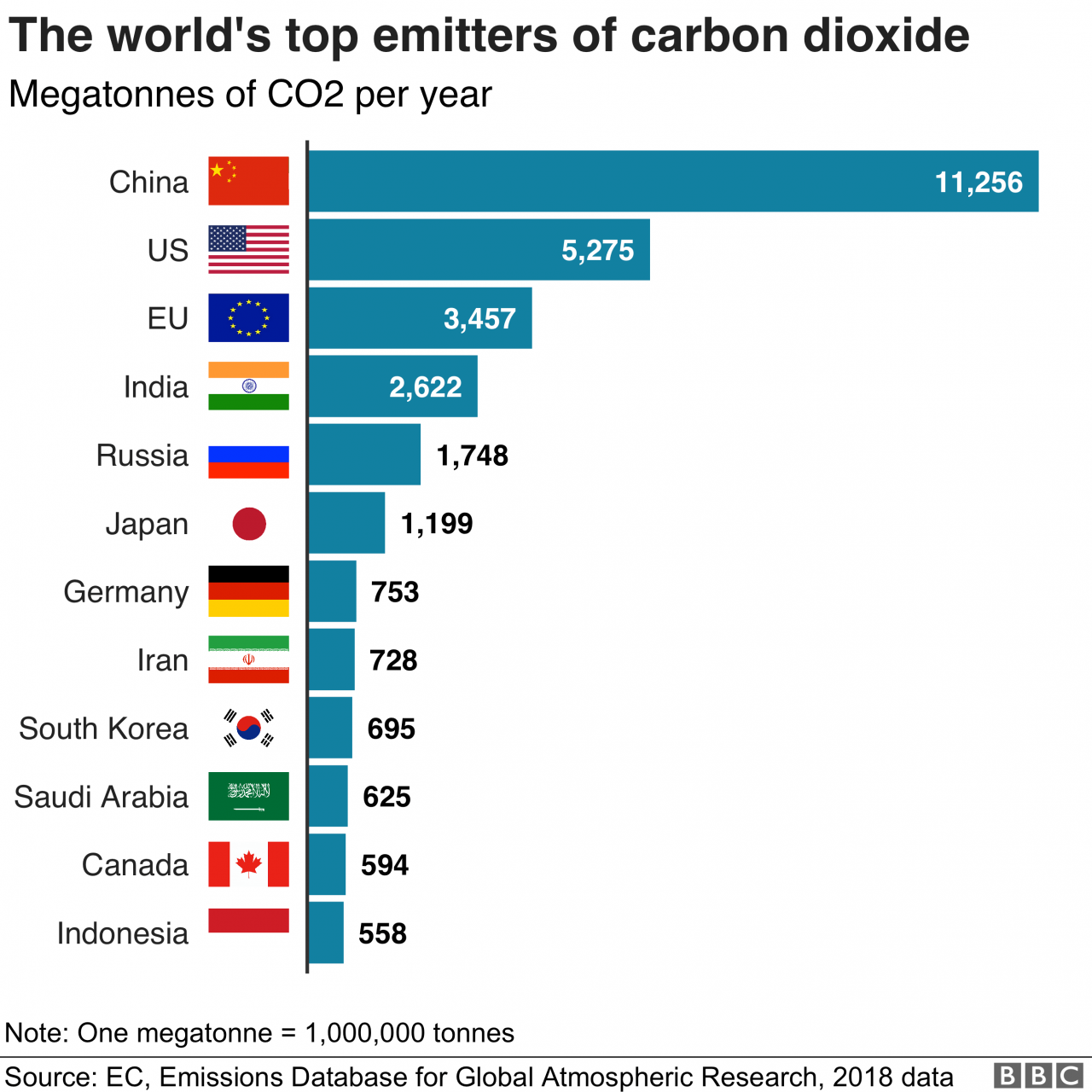
Climate Change Progress 2024 presents a comprehensive analysis of the latest developments in the fight against climate change. This report examines the impacts of rising global temperatures, sea level rise, and extreme weather events, while also exploring the progress made by countries in reducing greenhouse gas emissions and implementing climate change mitigation strategies.
The report highlights the challenges and barriers to achieving global climate goals, as well as the emerging technologies and adaptation strategies that offer hope for a more sustainable future. With a focus on effective climate change communication and education, Climate Change Progress 2024 provides a roadmap for action to address one of the most pressing challenges of our time.
Climate Change Impacts and Trends in 2024

Climate change continues to have significant impacts on the planet, with rising global temperatures, increasing sea levels, and more frequent extreme weather events. In 2024, the global average temperature is projected to increase by 1.5 degrees Celsius above pre-industrial levels, leading to widespread disruptions in ecosystems, agriculture, and human health.
Extreme Weather Events
- Increased frequency and intensity of heatwaves, leading to heat-related illnesses and deaths.
- More frequent and severe droughts, causing crop failures and water shortages.
- Rising sea levels, threatening coastal communities and infrastructure.
- Increased frequency of heavy rainfall events, resulting in flooding and landslides.
Ecosystem Impacts
Climate change is altering ecosystems worldwide, leading to species extinction, habitat loss, and disruptions in food chains.
Agricultural Impacts
Rising temperatures, changes in precipitation patterns, and extreme weather events are affecting agricultural productivity, leading to crop failures and food insecurity.
Health Impacts
Climate change is impacting human health through heat-related illnesses, respiratory problems, and the spread of infectious diseases.
Global Progress on Climate Change Mitigation
Countries worldwide are making progress in reducing greenhouse gas emissions, but more action is needed to meet global climate goals.
Successful Mitigation Policies
- Carbon pricing initiatives, such as cap-and-trade systems, to incentivize emissions reductions.
- Investments in renewable energy, such as solar and wind power, to replace fossil fuels.
- Energy efficiency programs to reduce energy consumption in buildings, transportation, and industry.
Challenges and Barriers
- Lack of political will and commitment to climate action.
- Economic concerns and the perceived cost of transitioning to a low-carbon economy.
- Technological limitations in some sectors, such as heavy industry and transportation.
Technological Advancements for Climate Solutions
Emerging technologies are playing a crucial role in climate change mitigation and adaptation.
Renewable Energy Innovations
Advancements in solar and wind power technologies are increasing their efficiency and affordability.
Carbon Capture and Storage, Climate change progress 2024
Technologies for capturing and storing carbon dioxide from industrial processes and the atmosphere are being developed and deployed.
Sustainable Transportation
Electric vehicles, biofuels, and improved public transportation systems are reducing transportation emissions.
Climate Change Adaptation and Resilience
Adapting to the impacts of climate change is essential to minimize its risks and vulnerabilities.
Infrastructure Adaptation
Building seawalls, flood barriers, and heat-resistant infrastructure to protect against extreme weather events.
Water Management
Implementing water conservation measures, developing drought-resistant crops, and improving water storage capacity.
Agriculture Adaptation
Adopting climate-resilient farming practices, such as crop diversification and precision agriculture.
Climate Change Communication and Education
Effective communication and education are crucial for raising awareness and driving action on climate change.
Public Engagement
Using social media, educational campaigns, and public events to inform and engage the public about climate change.
Policymaker Education
Providing policymakers with scientific evidence and policy options to support climate action.
Business Engagement
Collaborating with businesses to promote sustainable practices and reduce emissions.
Concluding Remarks: Climate Change Progress 2024
Climate Change Progress 2024 serves as a wake-up call for urgent action. While the report acknowledges the progress made in certain areas, it also emphasizes the need for accelerated efforts to reduce emissions, adapt to the impacts of climate change, and invest in sustainable solutions.
The report concludes with a call for collaboration, innovation, and a renewed commitment to building a more resilient and sustainable future for generations to come.
Common Queries
What are the key findings of the Climate Change Progress 2024 report?
The report highlights the urgent need for accelerated action to address climate change, including reducing emissions, adapting to climate impacts, and investing in sustainable solutions.
What are the most significant impacts of climate change?
Climate change is leading to rising global temperatures, sea level rise, and increasingly frequent and intense extreme weather events, which have significant consequences for ecosystems, agriculture, and human health.
What progress has been made in reducing greenhouse gas emissions?
While some countries have made progress in reducing emissions, global emissions continue to rise. The report calls for more ambitious and effective climate mitigation strategies.
What are the key challenges to achieving global climate goals?
The report identifies challenges such as the lack of political will, vested interests in fossil fuels, and the need for technological advancements as barriers to achieving global climate goals.
What is the role of technology in addressing climate change?
The report emphasizes the importance of investing in emerging technologies for renewable energy, carbon capture, and sustainable transportation, as these technologies can play a crucial role in reducing emissions and mitigating climate change impacts.





